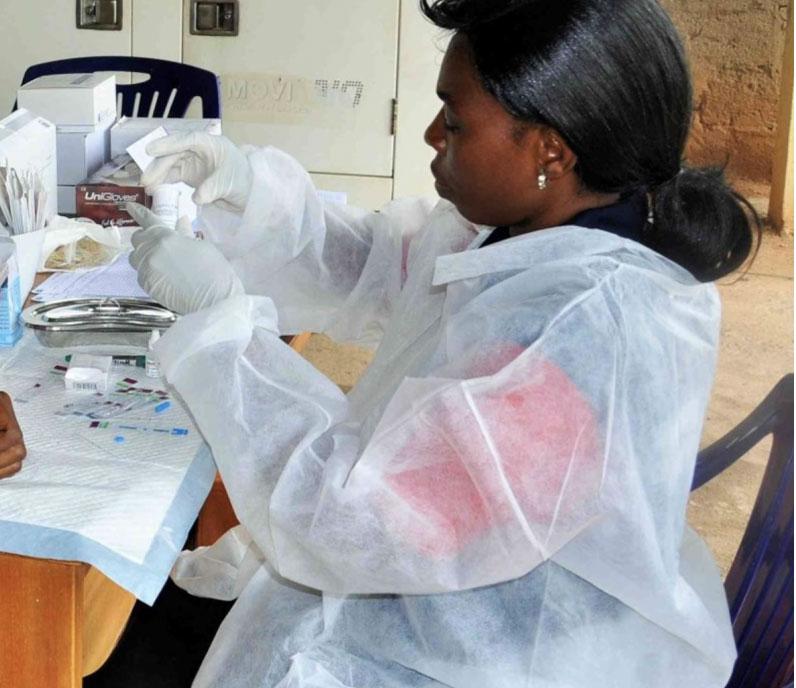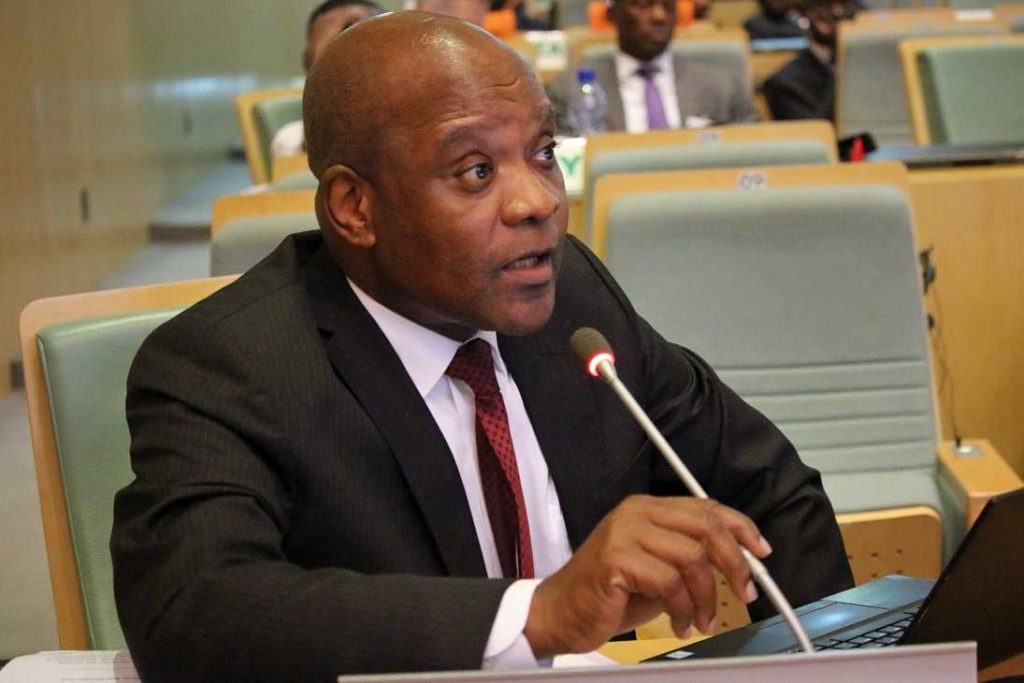US boosts HIV funding for LGBTQ people in Uganda
Joto La Jiwe is a Ugandan correspondent for the African…
HIV services in Uganda have been impacted by severe new anti-LGBT law

On July 19, Dr. John Nkengasong, the U.S. Global AIDS Coordinator for the Bureau of Global Health Security and Diplomacy (GHSD), announced an Action Plan to address HIV service equity gaps among key populations (KPs) through the US President’s Emergency Plan for AIDS Relief (PEPFAR).
In the plan, the US government unveiled a special package aimed at enhancing HIV services for the key populations in Uganda, including LGBTQIA Ugandans who have been impacted by the Anti-Homosexuality Act, which was enacted into law last year.
“The United States government, including the State Department Bureau of Global Health Security and Diplomacy, continues to be deeply troubled by reports of human rights abuses in Uganda, especially against LGBTQI+ persons and their allies. PEPFAR will continue to support the most vulnerable communities in Uganda, without discrimination. On top of other programming supporting key populations, an additional $1 million in fiscal year 2024 funding will be dedicated to strengthening and supporting Ugandan key populations-focused civil society organizations,” the White House said in its announcement.
Despite tremendous progress in bending the curve of the HIV/AIDS pandemic, key populations — which include female sex workers, men who have sex with men (MSM), transgender persons, people who inject drugs, and people in prisons and other closed settings — remain at disproportionate risk of acquiring HIV.
To make matters worse, individuals belonging to key populations frequently experience stigma, discrimination, and violence and are subject to punitive legal and policy environments — all of which impede their access to HIV services and undermine their human rights.
For many MSMs and transgender persons in Uganda, the Anti-Homosexuality Act has further complicated the situation, making access to key HIV services not only impossible but dangerous.
“Some health service providers still believe they are duty bound to report gay people to authorities, not knowing that that provision was struck down by the constitutional court. So, so as long as AHA is in place, it is dangerous for us to seek health services” says Cindy, a transwoman sex worker from Entebbe.
An official from the Uganda AIDS Commission (UAC) who requested to remain anonymous for safety reasons lauded the US government for introducing a special fund to support HIV services for key populations, saying that it is another lifesaving intervention from the Biden Administration.
“The money will not be given to UAC but it is still a positive step and we are grateful to the American people,” he said.

While unveiling the action plan, Dr. Nkengasong said that key populations experience disproportionate levels of stigmatization, discrimination, and violence — barriers that prevent access to HIV care.
“Our action plan will ensure that key populations always remain at the heart of PEPFAR’s efforts to end the HIV/AIDS pandemic as a public health threat around the world,” he said.
Besides supporting access to HIV services for key populations, the US government is also providing support to victims of the Anti-Homosexuality Act through various rapid response emergency mechanisms.
According to a White House fact sheet, the Department of State and USAID have increased emergency assistance to LGBTQI+ Ugandan human rights defenders and organizations whose safety and security are at risk. This help includes assistance for victims of violence, those evicted from their homes, and people who need help accessing medical care. It also includes support for legal representation for people who are unjustly arrested.
Enacted last year, Uganda’s Anti-Homosexuality Law was greeted by both local and international condemnation.
The Biden administration in particular issued statements in which it vowed to take actions aimed at holding the regime accountable, without compromising the long-standing kinship between the American and Ugandan people.
“The United States remains committed to the Ugandan people. For more than 60 years, we have helped millions of Ugandans live healthier, more productive lives. And we will continue to do so,” The White House stated in a fact sheet issued December 11, 2023.




